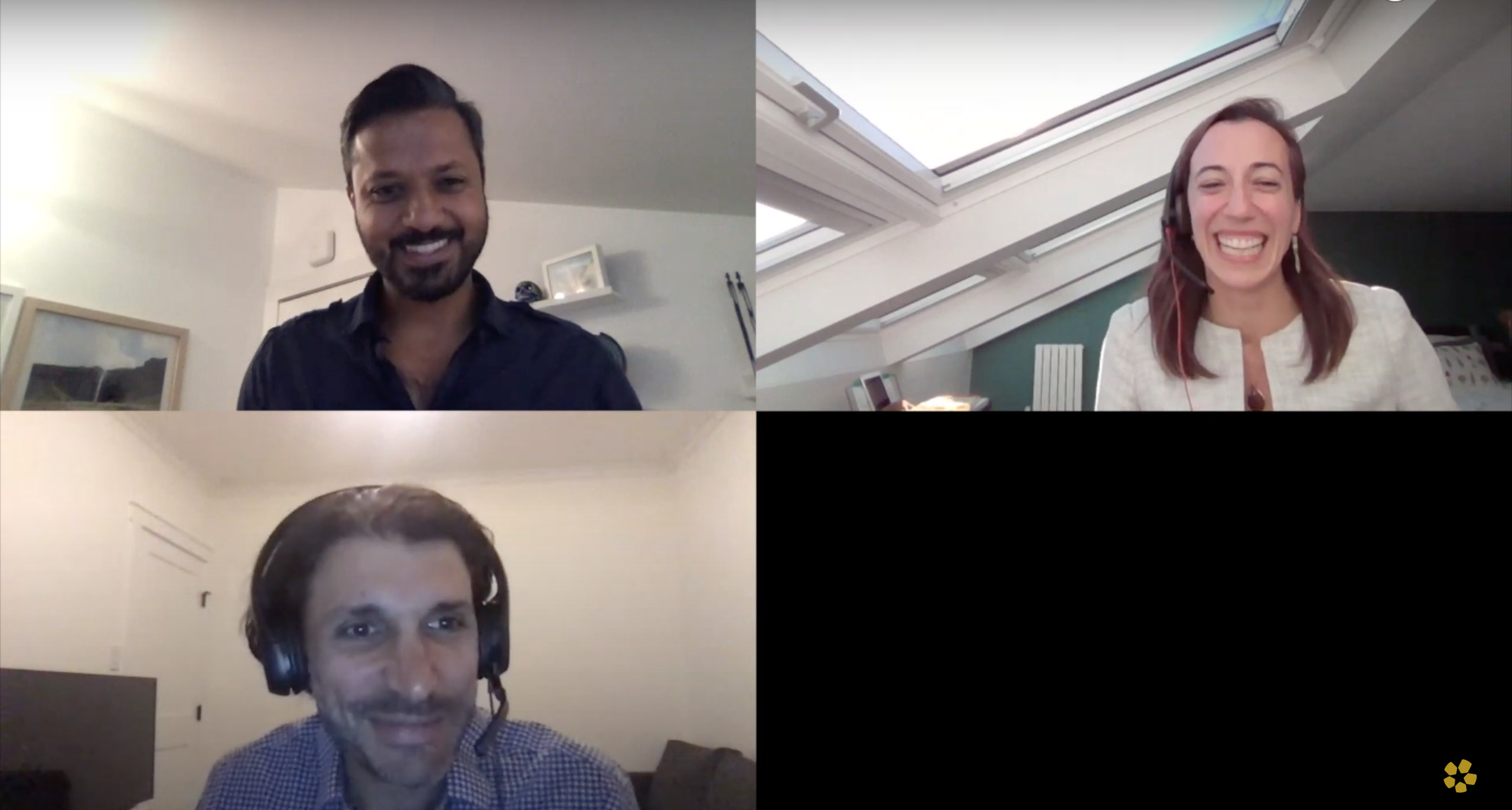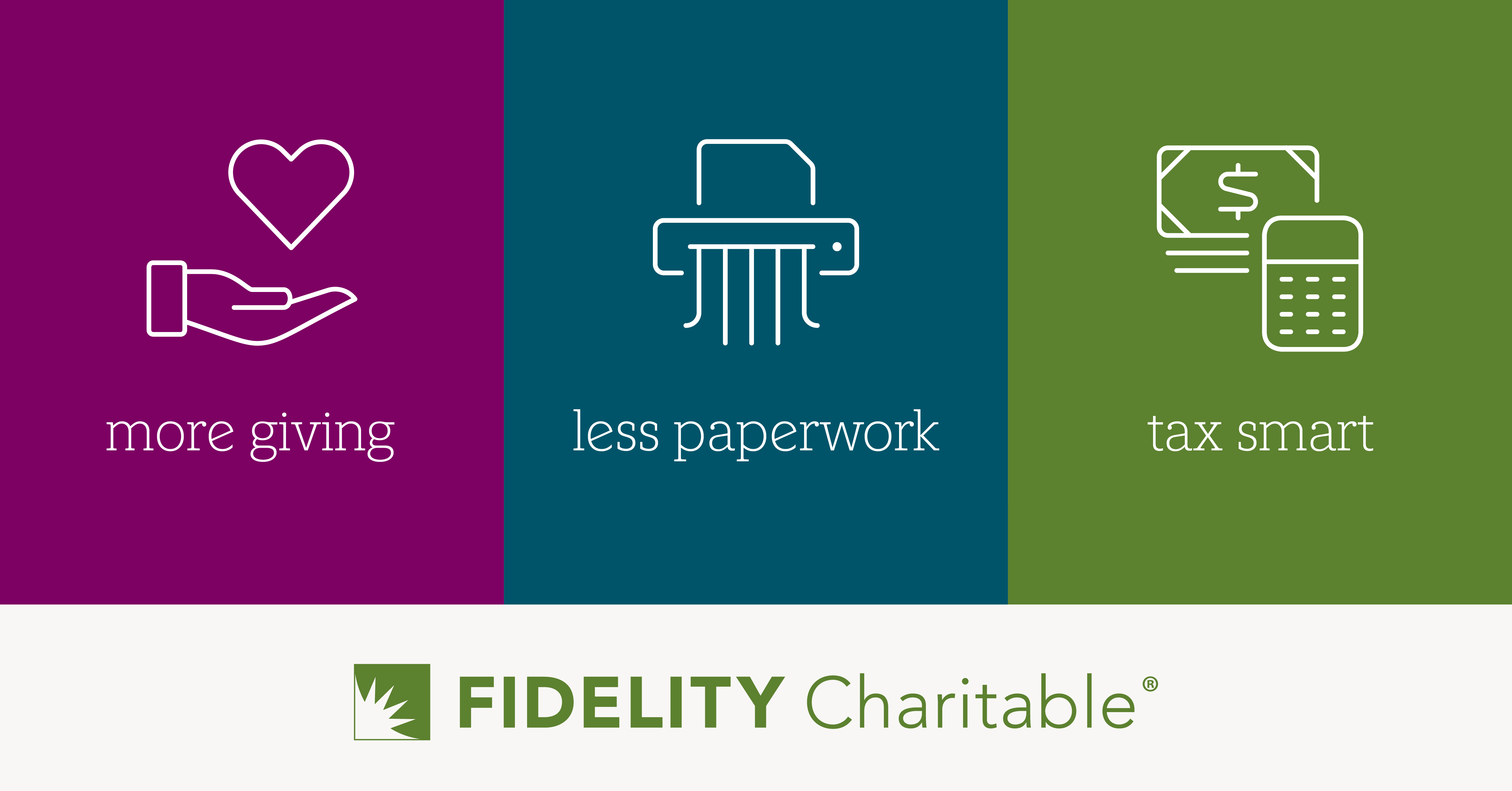Why Catalytic Capital Is an Important Component of Creating a More Just and Equitable Society
In the investing world as a whole, the primary focus remains maximizing return on investment. Investors generally measure the success of an investment by looking at the financial ROI. But in order to make the world more equitable and just, some purpose-minded investors are beginning to measure success with another metric: impact. Impact investors seek positive social and environmental returns alongside financial returns. At SOCAP20 Virtual, Chintan Panchal, founding partner of RPCK, Yasemin Saltuk Lamy, Deputy CIO at CDC Group, and Greg Neichin, director at Ceniarth, discussed the need for more investors to adopt this impact-first mindset, including by using catalytic capital.
Catalytic capital, by design, takes on greater “risks” in terms of its ability to generate financial returns for the sake of pushing for equitable and socially good outcomes. However, as Lamy mentioned during the SOCAP session, part of the strategy for growing impact investing needs to be a reframing of the idea of risk.
“At CDC, the portfolio that I manage is called the Catalyst Strategies. When I first joined CDC, it was called the ‘higher risk’ portfolio,” she said. “And when I came on board two years ago, I said, ‘That has to be the first thing that changes around here.’ I felt very strongly that you don’t go into the market saying, ‘I’m looking for higher risk.’ You go into the market saying, ‘I’m looking for this kind of impact.'”
Neichin followed up by saying impact investors need to realize that sometimes making positive changes in the world with investments will mean lower financial returns — and that’s OK.
“If you take one thing away from this talk and one thing only, it’s this: If you genuinely want to have an impact on society’s most intractable problems — widening economic inequality, racial injustice, the catastrophic impact of climate change on vulnerable communities — you need to be prepared to make financial sacrifices,” he said.
To close out the session, Panchal moderated a Q&A with the two speakers which dove deeper into the ideas they each discussed. Watch the full session above.






